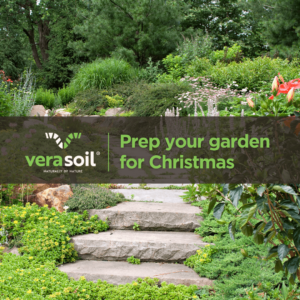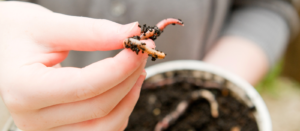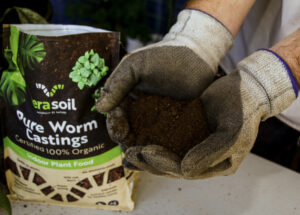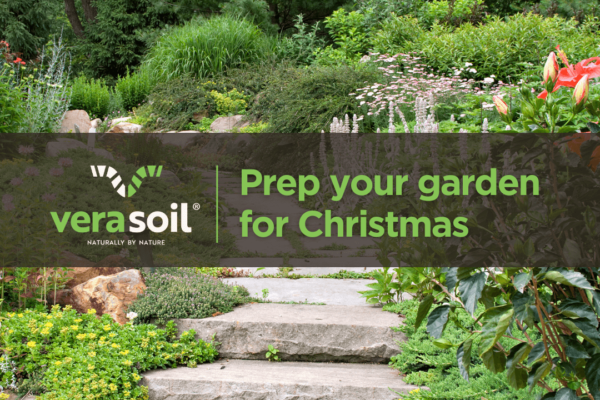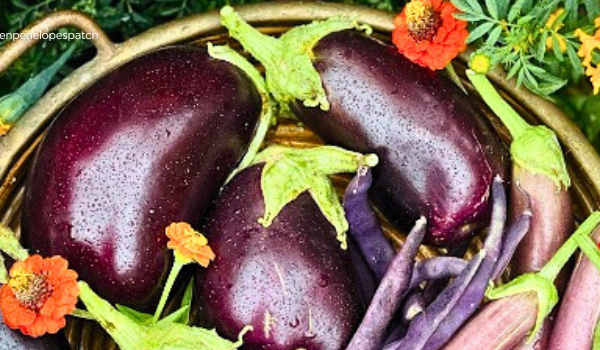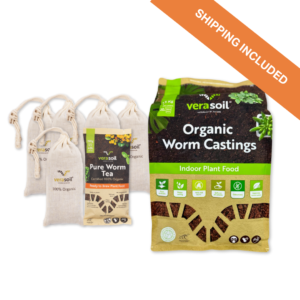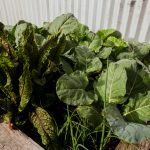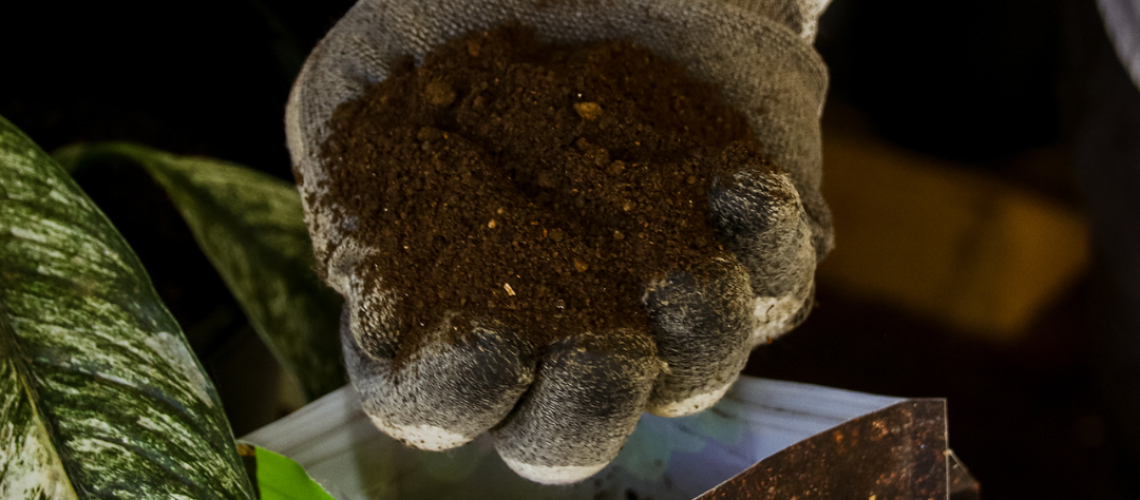

Gary Dal Broi
Agronomist & Production Innovation /
Managing Director
Cultivating an Eco-Friendly Garden: Sustainable Practices for Every Gardener
In today’s world, where environmental consciousness is paramount, creating an eco-friendly garden is a fulfilling experience. Not only does it contribute to a healthier planet, but it also nurtures a thriving, vibrant outdoor space for you to enjoy. Here are some practical steps to help you establish an eco-friendly garden:
1. Choose Native Plants
The foundation of an eco-friendly garden starts with plant selection. Opt for native species that are naturally adapted to your region’s specific climate and soil conditions. Native plants typically require less water, fertilisers, and overall maintenance. They also play a crucial role in supporting local wildlife by providing essential habitats and food sources.
2. Water Conservation
Water is a precious resource, and conserving it is a vital aspect of eco-friendly gardening. Embrace efficient watering techniques like drip irrigation or soaker hoses, which minimise water wastage by delivering moisture directly to the root zone. Another sustainable approach is to collect rainwater in barrels, providing a natural and free source of irrigation for your garden.
3. Composting and Mulching
Composting is a cornerstone of sustainable gardening. Transform kitchen scraps and yard waste into nutrient-rich soil amendments by setting up a composting system. This reduces landfill waste and produces valuable compost for your garden. Additionally, apply mulch to your garden beds to retain soil moisture, suppress weeds, and enhance soil health.
4. Natural Pest Management
Say goodbye to chemical pesticides and embrace natural pest control methods. Introduce beneficial insects like ladybugs and lacewings to your garden to keep unwanted pests in check. Explore companion planting, which involves strategically placing plants that deter pests near susceptible crops. When necessary, opt for organic pest control solutions that are safer for the environment.
5. Reduce Chemical Use
Minimise or eliminate the use of chemical fertilisers, pesticides, and herbicides in your garden. These chemicals can harm beneficial insects, disrupt the ecosystem, and potentially leach into groundwater. Instead, focus on enriching your soil with compost like Verasoil and organic matter. Employ integrated pest management techniques that involve monitoring, prevention, and biological controls to manage pests effectively.
6. Attract Wildlife
An eco-friendly garden is a welcoming haven for wildlife. Encourage birds, bees, butterflies, and other beneficial creatures to visit by incorporating features like bird baths and bird feeders. Native plants not only support local wildlife but also add beauty and diversity to your garden.
By following these eco-conscious gardening practices, you can create a garden that not only thrives but also contributes positively to the environment. Whether you have a small balcony or a spacious backyard, every effort counts in the journey toward a greener, more sustainable world.

